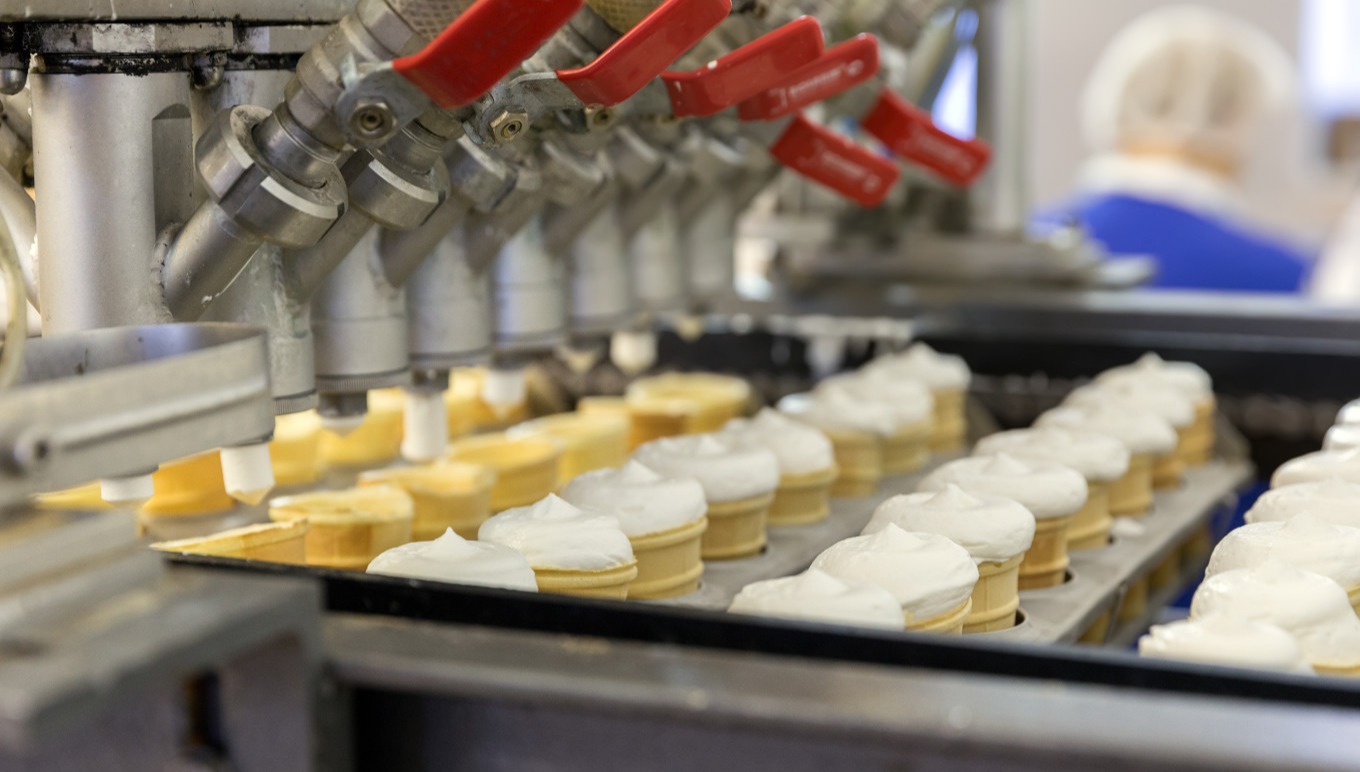In today's conscientious customer landscape, the need for morally sourced and lasting products has risen. Private label food manufacturers have become trendsetters in this domain name, typically collaborating with agreement food makers to spearhead sustainability as well as responsible sourcing efforts. With a tenacious dedication to environmental values, personal label brands have actually made it their mission to supply lasting, top notch options to consumers.
Private Label Food Manufacturers
In recent years, private label food manufacturers, also known as own brand names or store brand names, have actually experienced an impressive surge in appeal. These manufacturers generate goods marketed under the logo design of a store, grocer, or exclusive entity. What sets private-label products apart is their capability to supply affordable rates without endangering on top quality.
Agreement Food Manufacturers
Many private-label food suppliers join forces with contract manufacturers to develop their line of product. Contract food producers are experts in creating foodstuff for personal labels. This tactical collaboration allows personal label companies to take advantage of the knowledge, resources, as well as committed food manufacturing facilities of their collaborators.
Sustainability at the Core
Private label food manufacturers utilize different strategies to enhance sustainability within their supply networks:

Moral Sourcing:
Exclusive label firms are increasingly devoted to sourcing active ingredients according to honest and fair trade standards. This involves making certain that manufacturers and also employees of raw materials, such as coffee beans, flavors, or cacao, receive fair compensation for their efforts.
Local Sourcing:
Focusing on local sourcing of active ingredients is another hallmark of private-label food manufacturers. This not just minimizes the carbon footprint related to transportation however also supports regional farmers as well as neighborhoods.
Organic Ingredients:
With the organic food market rising, personal labels are responding by including natural active ingredients into their line of product. Organic farming techniques prioritize soil health while eschewing synthetic chemicals and also plant foods.
Sustainable Fish and shellfish:
Private Label Food Manufacturers are thorough in ensuring that the fish and shellfish they make use of is sustainably collected, adhering to guidelines established by companies like the Marine Stewardship Council, which promotes responsible angling.
Reduced Food Waste:
Exclusive label companies are proactively dealing with reducing food waste by applying efficient manufacturing procedures and also creating products with longer life span. Some brands are also partnering with food rescue organizations to contribute excess food to those in requirement.
Eco-Friendly Product Packaging and also Initiatives
Sustainability efforts by private-label food manufacturers prolong past sourcing active ingredients to incorporate product packaging and also green initiatives:
Sustainable Packaging:
Personal label brands have accepted environmentally friendly packaging choices, consisting of recyclable, eco-friendly, or compostable materials. Upgrading product packaging to reduce excess product and minimize environmental effect is a leading concern.
Waste Decrease:
To minimize wastefulness, private-label food manufacturers enhance product dimensions, reduce excess product packaging, and also discover ingenious packaging options. Some brands even motivate consumers to take part in recycling programs.
Energy Performance:
Several exclusive label suppliers are investing in even more energy-efficient production plants, lowering water use, as well as adopting renewable resource sources to further lower their environmental footprint.
Carbon Neutral Initiatives:
Some personal brand food makers are taking ambitious steps to achieve carbon neutrality by offsetting their greenhouse gas discharges via reforestation jobs and renewable energy debts.
Obstacles and the Road Ahead
In spite of the considerable strides made in sustainability as well as liable sourcing, private-label food suppliers deal with challenges. Balancing sustainability with cost-effectiveness can be a delicate act, in some cases requiring compromises on lasting ingredients or the exploration of green choices.
Nevertheless, the future of private-label food manufacturing holds excellent guarantee. As customer awareness and also demand for sustainable items continue to increase, private-label brands as well as their agreement food manufacturing companions are most likely to heighten their efforts. Cooperation with distributors and financial investment in sustainable technical breakthroughs and also openness will certainly be critical fit a sustainable future for the industry.
Regularly Asked Inquiries
Q1: What are private label food manufacturers?
Private label food manufacturers create products sold under the logo of a retail store, grocer, or private entity. They supply competitively priced items without endangering on top quality.
Q2: Just how do private label food manufacturers promote sustainability?
Private label food manufacturers advertise sustainability through moral sourcing, neighborhood component procurement, the use of natural components, sustainable seafood practices, and also initiatives to lower food waste.
Q3: What green packaging options do private label brand names use?
Exclusive label brands embrace eco-friendly product packaging options such as recyclable, biodegradable, or compostable products. They also revamp packaging to reduce excess material as well as minimize environmental impact.
Q4: What challenges do private label food manufacturers deal with in sustainability initiatives?
Balancing sustainability with cost-effectiveness is a major challenge for private label food manufacturers. This might call for concessions on lasting components or the expedition of environment-friendly alternatives.

Final thought
Private label food manufacturers go to the forefront of the sustainability as well as liable sourcing movement within the food sector. Their dedication to ethical sourcing, neighborhood purchase, organic active ingredients, and also lasting methods, as well as their commitment to eco-friendly product packaging as well as waste reduction efforts, show their determination to satisfy the needs of today's eco-conscious consumers.
In spite of the difficulties they deal with, private label food manufacturers are positioned for an encouraging future. With customers progressively prioritizing sustainability, the market is most likely to private label food products witness even greater partnership with distributors, financial investment in lasting innovations, and a commitment to openness. As we move on, private label food manufacturers will continue to play an essential function in shaping an extra lasting and also moral food landscape for all.